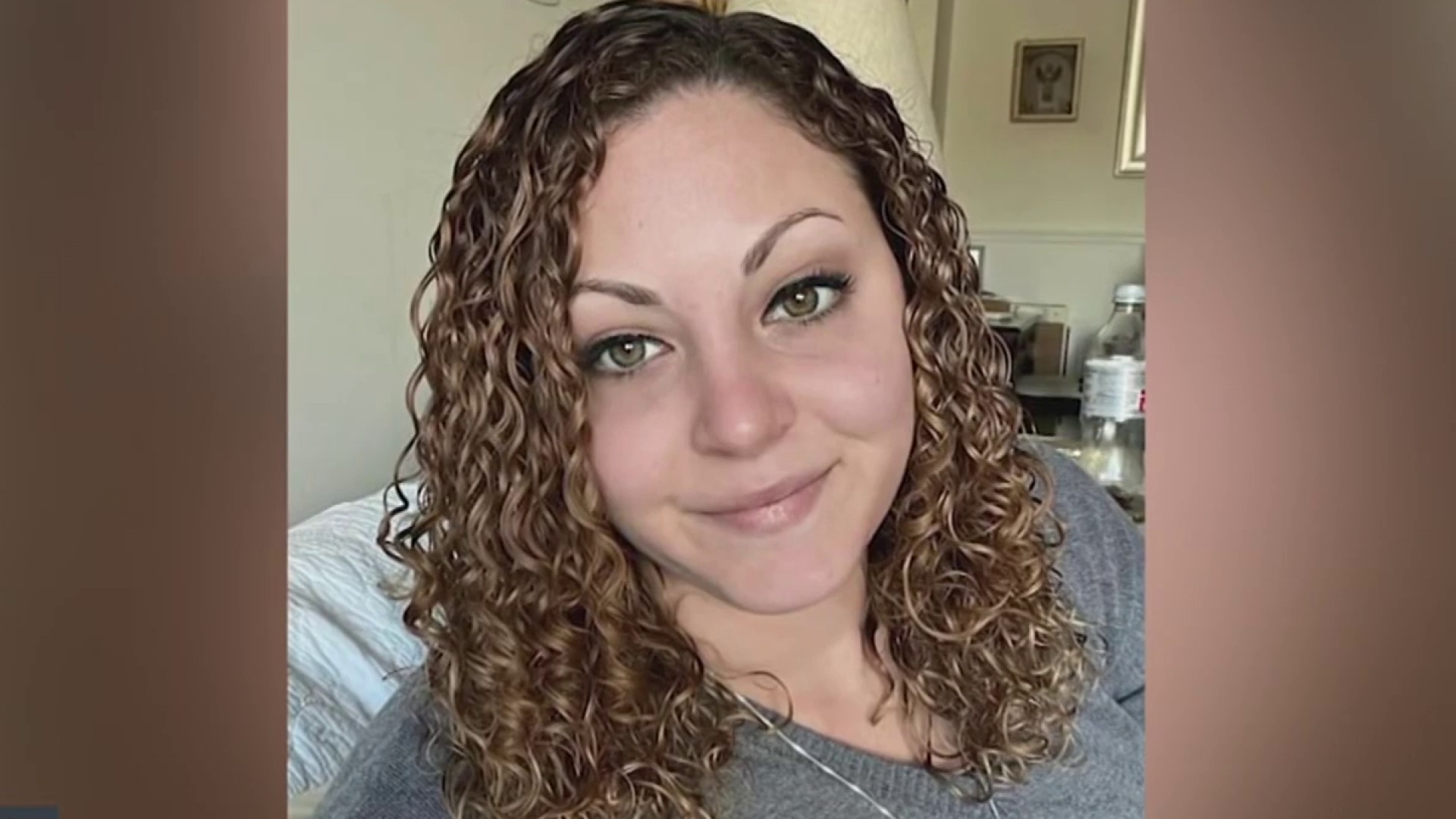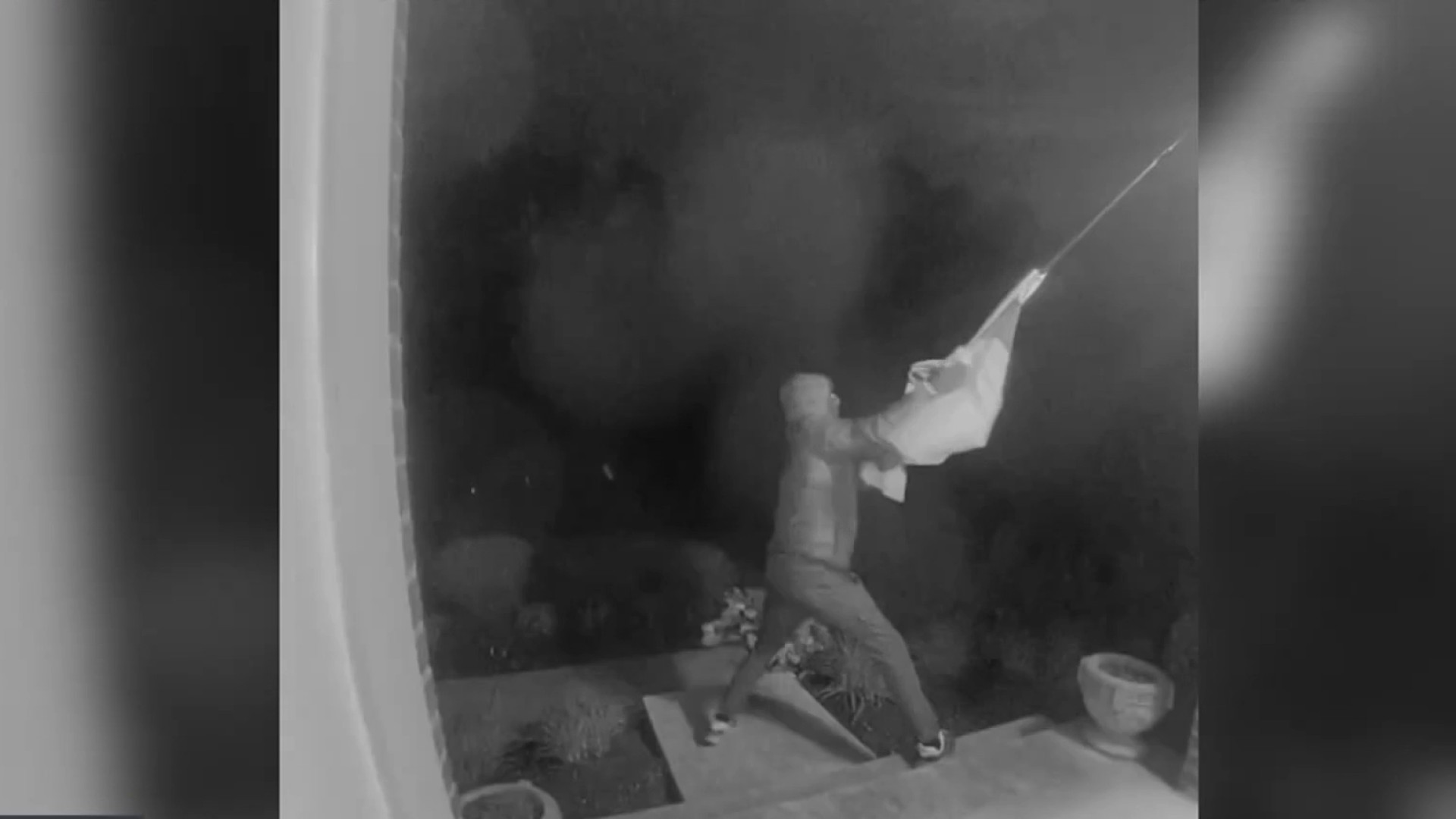Days before the end of their 2018 session, Maryland legislators are attempting to pass a bill to help a quadriplegic man from Bethesda. He is an attorney who faces the prospect of losing either his job or his full-time nursing care because of a loophole in Maryland law.
Josh Basile, who suffered a traumatic injury from the crashing of a wave at Bethany Beach, Delaware, in 2004, has lobbied state legislators to adjust Maryland disability law, including through testimony at a Senate hearing earlier this year. Basile requires around-the-clock nursing or attendant care at his condominium in Bethesda and to maintain his job at a downtown D.C. law firm.
According to Basile and members of the state legislature, Basile must soon shift to a state program for people with rare injuries to continue receiving his private nursing care, but he risks losing his job by doing so. Basile utilizes a state Medicaid program to work professionally as a lawyer, but state law prohibits people who participate in a Medicaid employment program from receiving the nursing benefits.
Basile said he would have no choice but surrender his job if state officials do not change disability laws or policies, because his nursing care is necessary for his physical well-being.
“If I didn’t have a job, I wouldn’t be able to pay the rent or mortgage, so I’d have to move into a nursing home,” Basile said. “That’s a world I don’t ever want to live in.”
State Sen. Susan Lee, D-Montgomery County, is seeking House support for her Senate-passed bill to help Basile maintain all of his Medicaid benefits.
“We have an extraordinary individual who has a disability that requires a nurse,” Lee said. “Unfortunately, Josh fell through the cracks with this inconsistency law. We’re trying to correct that right now.”
Local
Washington, D.C., Maryland and Virginia local news, events and information
Lee’s legislation would allow Basile and a small number of other people with rare medical needs and disabilities to receive private nursing care while holding outside employment for at least the next three years.
In testimony supporting her bill before the Senate Finance Committee in March, Sen. Lee said, “It is wholly unreasonable that individuals cannot receive the necessary support and services just because they work and earn income. We try to incentive work, the existing law and policy of MHA in this area, does the opposite.”
The Maryland Department of Health, which helps oversee the Medicaid programs, declined requests for an interview.
“The Department doesn’t comment on pending legislation,” the agency said in a written statement. “What I can say is that the Maryland Department of Health has worked closely with other state agencies, including the Department of Disabilities, and members of the legislature to determine the best possible outcomes for those who could potentially be impacted and benefit from this piece of legislation.”
The legislation preliminarily passed in the state Senate but is awaiting action in the state House, with only days remaining until the end of the 2018 session.
Basile works for a D.C. law firm specializing in cases involving people with disabilities. He has limited use of his right hand, without finger or wrist mobility. Basile uses voice-activated technology and a mouth operated joystick to operate his computer and home devices and appliances.
Basile suffered his traumatic injury while attending Skidmore College. He later graduated from Montgomery College and earned his law degree at the University of the District of Columbia.
“I have very limited (physical) abilities, but I use them to the best of my ability,” Basile said.
Reported by Scott MacFarlane, produced by Rick Yarborough, and shot and edited by Steve Jones.



